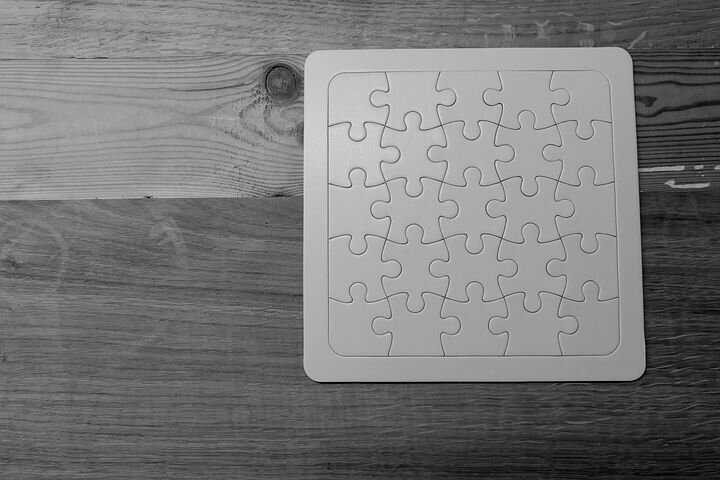The Power of Schemas, continued...
Let’s up the ante a bit. We’re going to do the same exercise from the last post again, but this time we’ll use a more complex, and potentially sensitive, topic… let’s say: infidelity.
“Infidelity is ________________.”
Here are some factors which might contribute to your schemas about infidelity:
Have you been unfaithful to a partner?
Has a partner been unfaithful to you?
Was someone you respected and admired unfaithful to a partner?
Do you look to a faith-based or spiritual source for guidance?
Consider how impactful the wide range of answers to simple questions like these shape a person’s schema. Without a doubt, the unique context of your life experiences directly, and quite dramatically, impact your feelings, thoughts, and choices.
To be sure, schemas are significant influencers of the feel – think – choose process. They are complex. Sometimes they are subtle, sometimes not the least bit subtle. In almost every case, they are pretty firmly engrained in us. The good news is, we all have the capacity to evaluate and change our schemas; we just have to choose to do it. The basic requirements: motivation, self-awareness, and practice! You’ll learn more about this in later posts.
For now, there’s more to cover about how we think. Next up, we’re going to explore some of the ways our thinking can backfire on us. Let’s talk about “thinking traps.”



